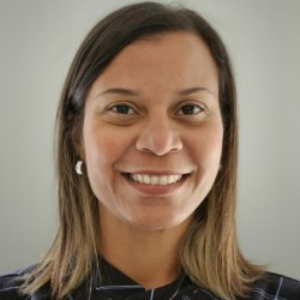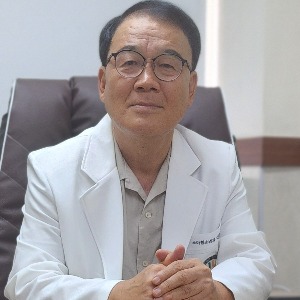Therapeutic touch
Therapeutic touch is a holistic healing approach that involves the use of the hands to promote physical, emotional, and spiritual well-being. Practitioners, often trained in various energy-based therapies, use gentle touch or near-touch techniques to influence the body's energy field and facilitate healing. The practice is rooted in the idea that energy imbalances contribute to illness, and therapeutic touch seeks to restore harmony within the energy system. Sessions typically involve the practitioner moving their hands over the client's body, detecting and rebalancing energy patterns. Therapeutic touch is employed in various healthcare settings, including hospitals and complementary therapy practices, as a complementary approach to conventional medical care. The practice is non-invasive and is often used to alleviate stress, reduce pain, and promote relaxation. Research on therapeutic touch explores its potential benefits, with some studies suggesting positive effects on pain perception and anxiety levels. Practitioners emphasize the importance of intention, presence, and compassion in their work, fostering a supportive and healing environment. While therapeutic touch is considered safe, it is essential to note that it is a complementary therapy and not a substitute for conventional medical treatments. The practice is part of a broader field of energy medicine, aligning with the belief that the body's energy system plays a vital role in maintaining health and facilitating the healing process.

Jay Spector
American Academy of Podiatric Sports Medicine (AAPSM), United States
Marcia J Scherer
Institute for Matching Person and Technology, United States
Marcos Brioschi
American Academy of Thermology, United States
Ady M Correa
University of Miami, United States
Blair Gorenberg
Shirley Ryan Abilitylab, United States
Roberta Sartori
IRCCS Materno-Infanitle Burlo Garofolo, Italy




Title : Best practice guidelines for the use of pharmacological neuromodulation in disorders of diminished motivation: A comprehensive approach
Vaidya Balasubramaniam, Illawarra and Shoalhaven Local Health District Hospitals, Australia
Title : A forgotten component of knee osteoarthritis
Ron Blehm, EEI Physio LLC, United States
Title : Functional outcomes of DSSA-Based pelvic rehabilitation combined with manual therapy and electrostimulation in men after oncologic surgery: A retrospective case series
Eren Uyar, Fizyomen Physiotherapy & Rehabilitation Center, Turkey
Title : We are living and working in the age of individualization
Marcia J Scherer, Institute for Matching Person and Technology, United States
Title : Efficacy of Inspiratory Muscle Training (IMT) in post-weaning ICU recovery: A clinical randomized controlled trial
Warda Khan, Chongqing Medical University, Pakistan
Title :
Subramanya Adiga, Middlemore Hospital, New Zealand